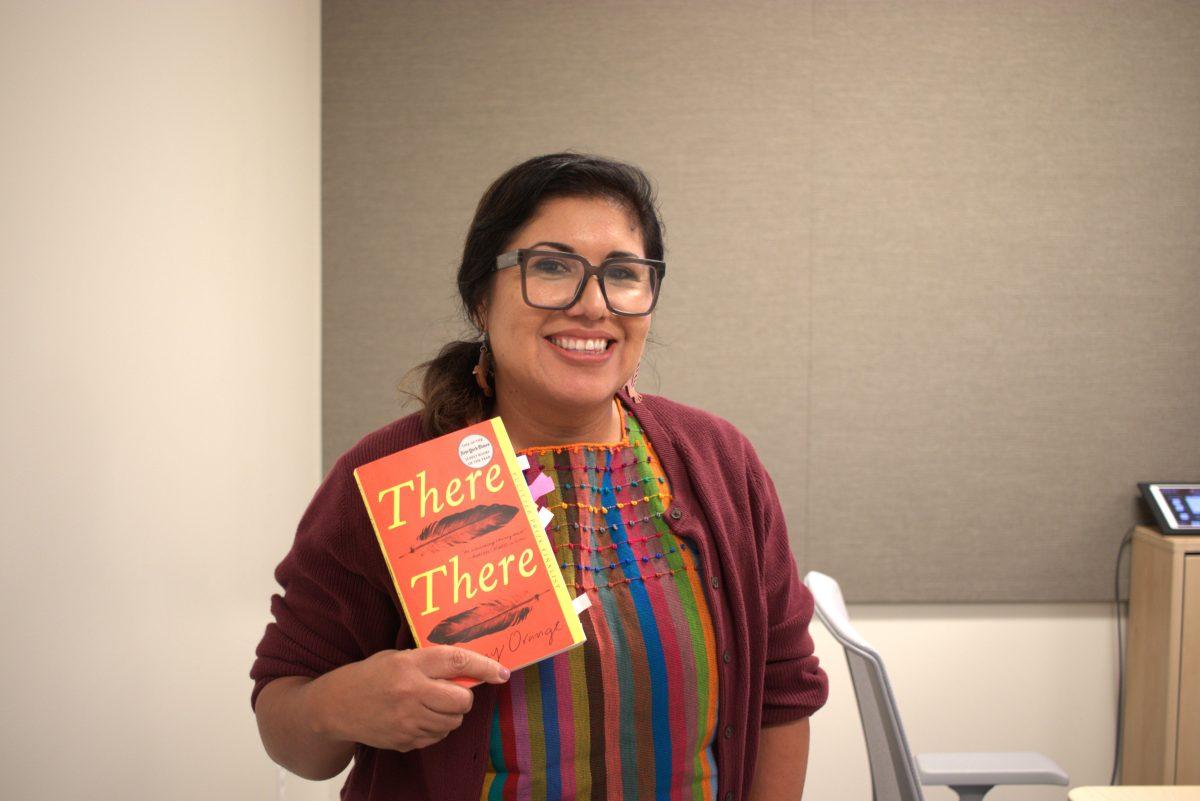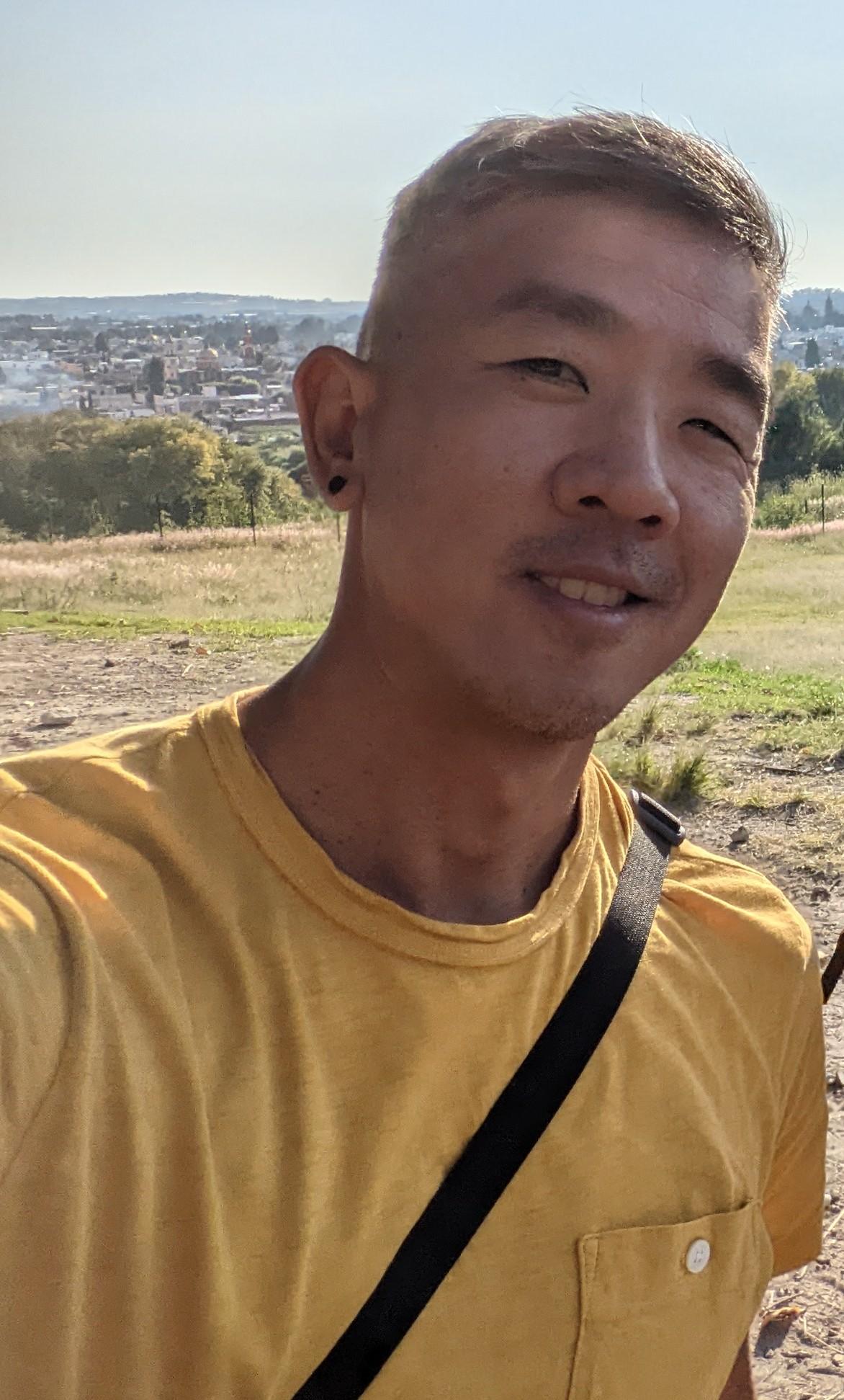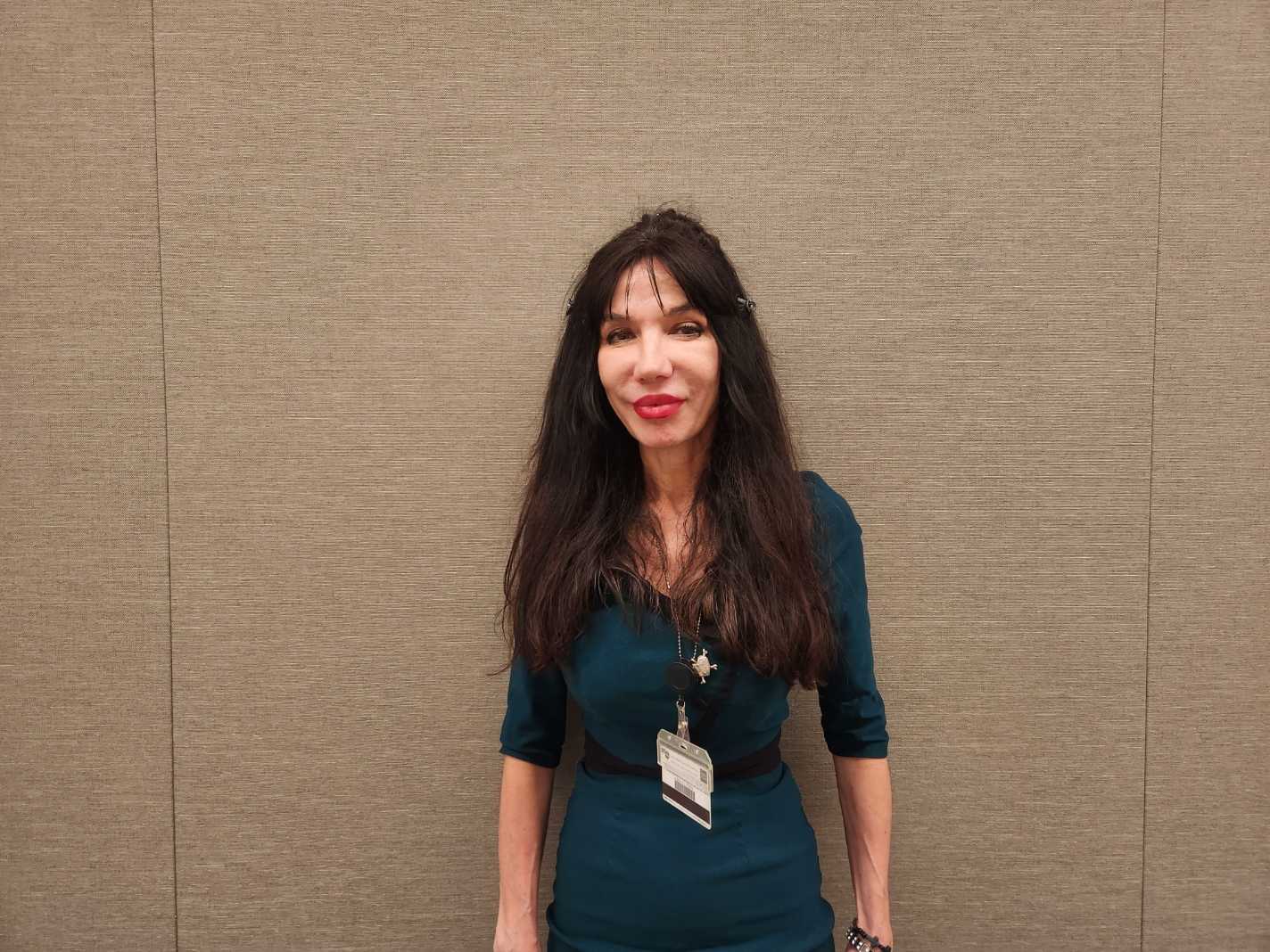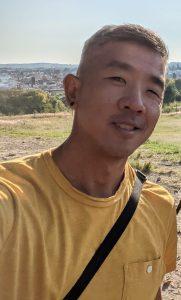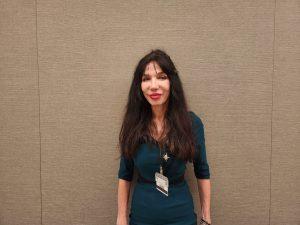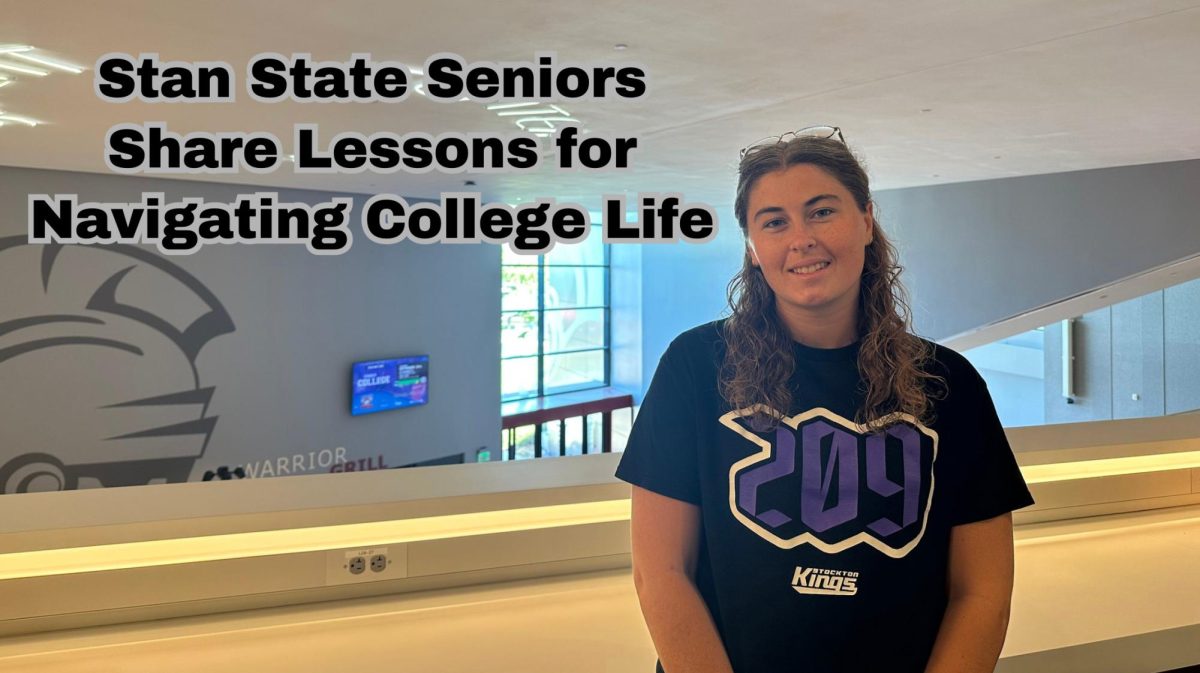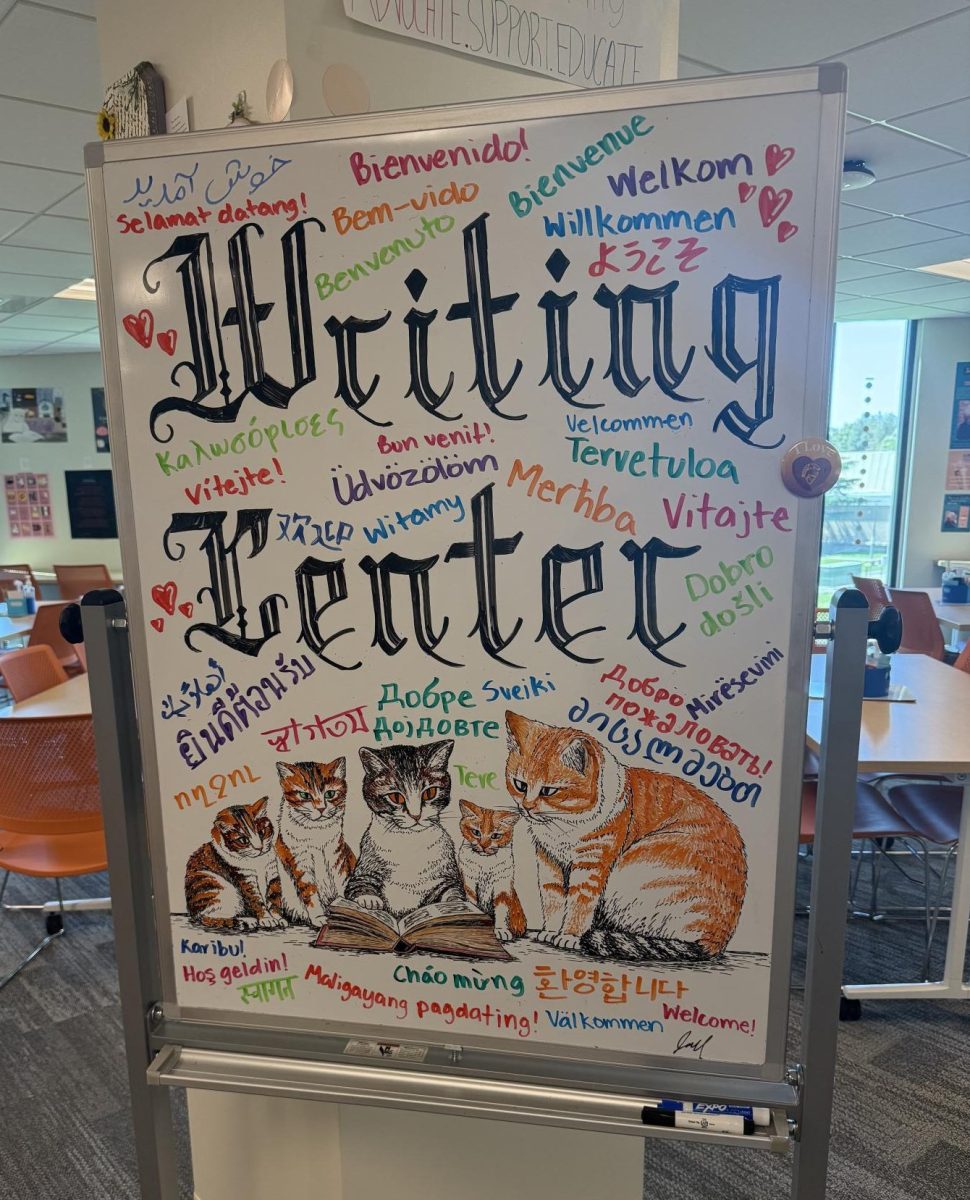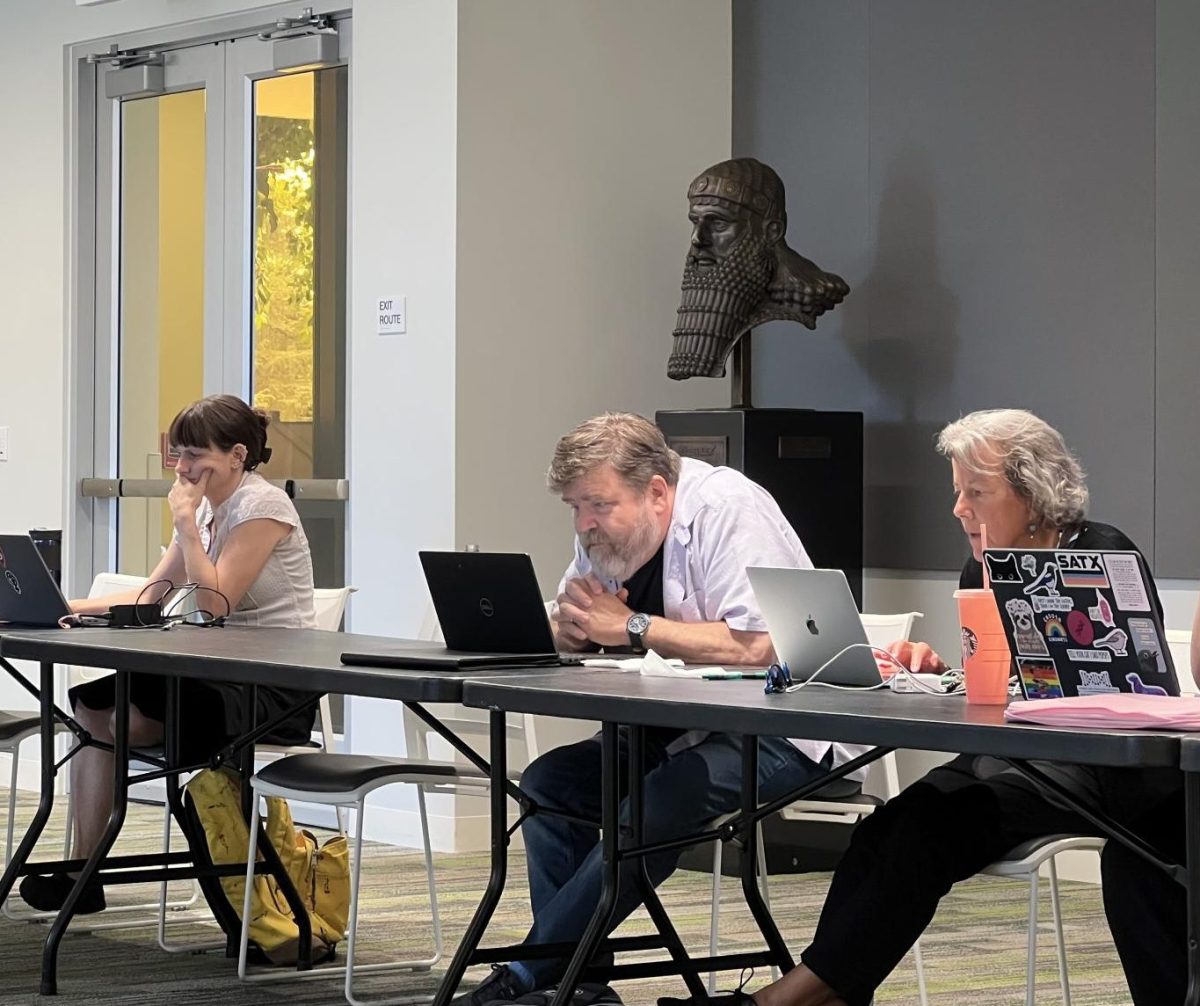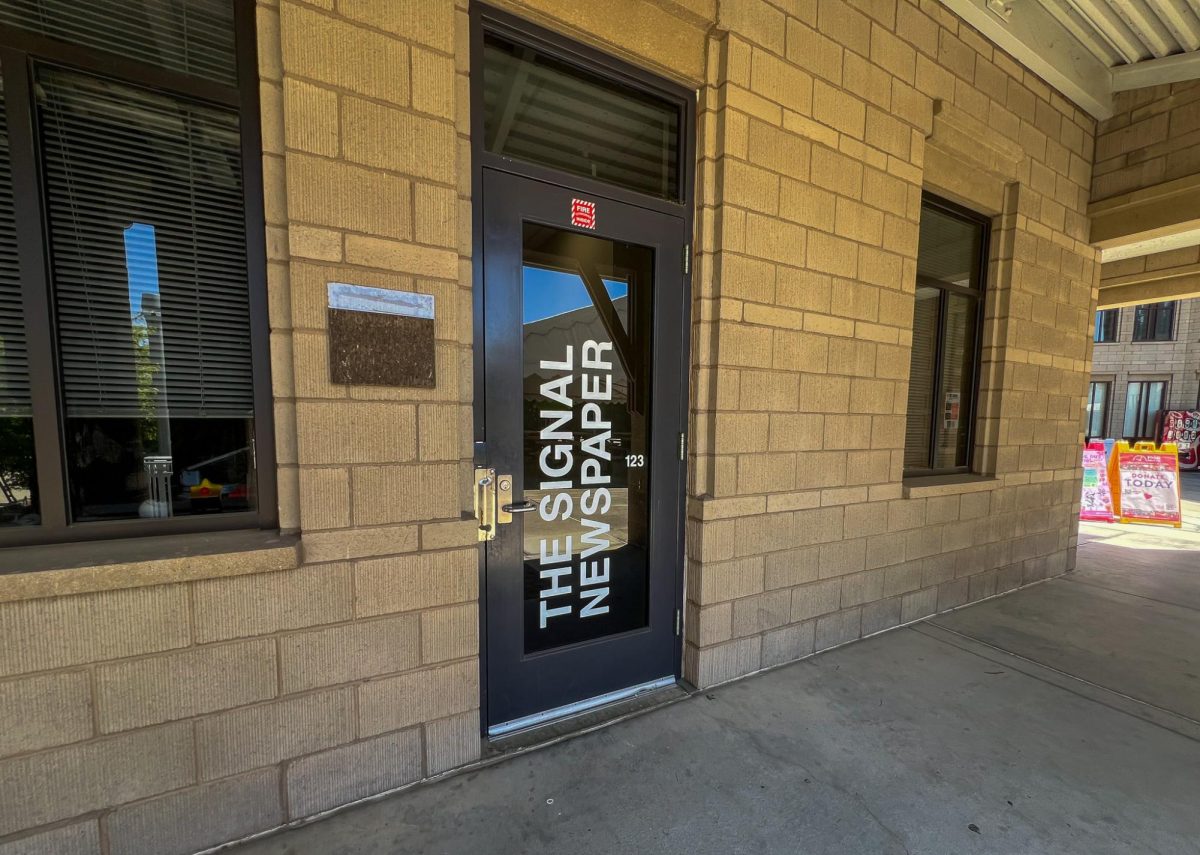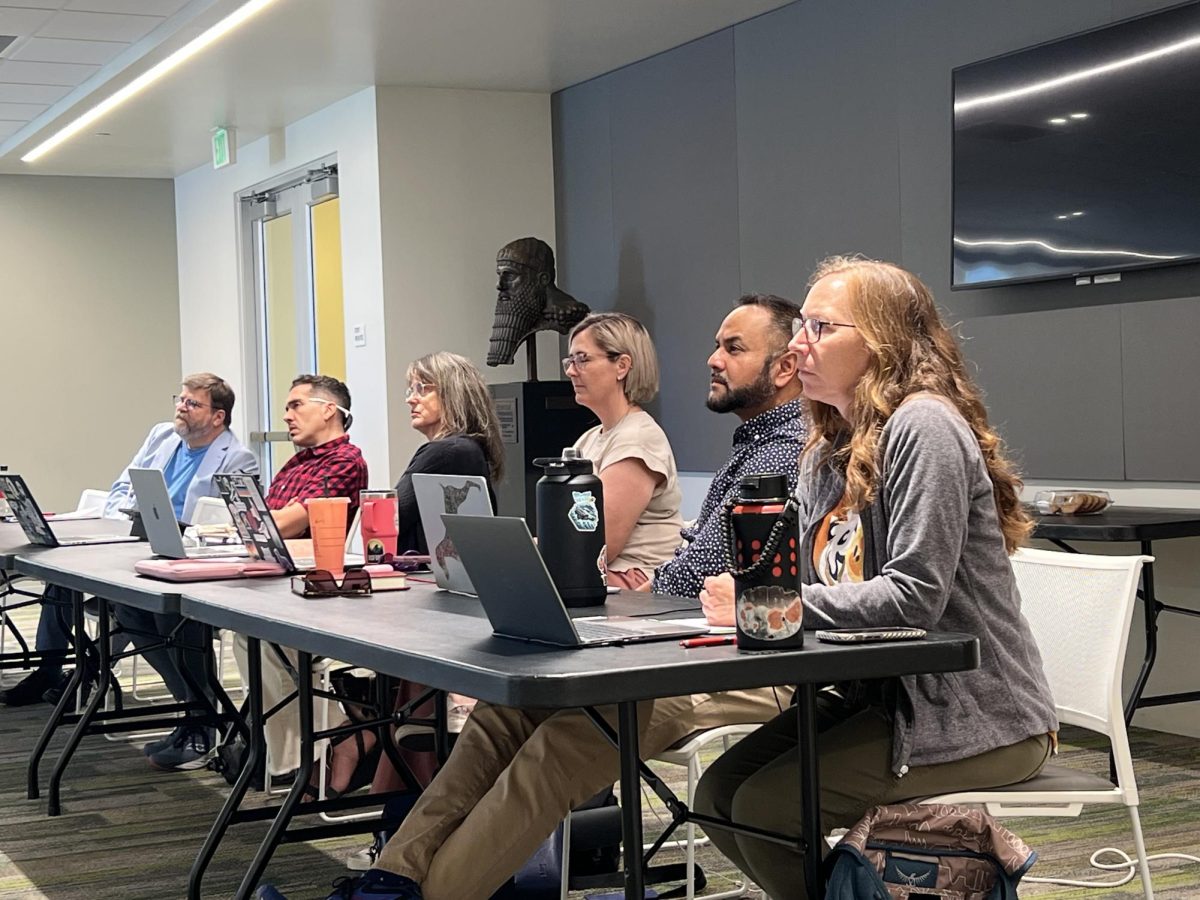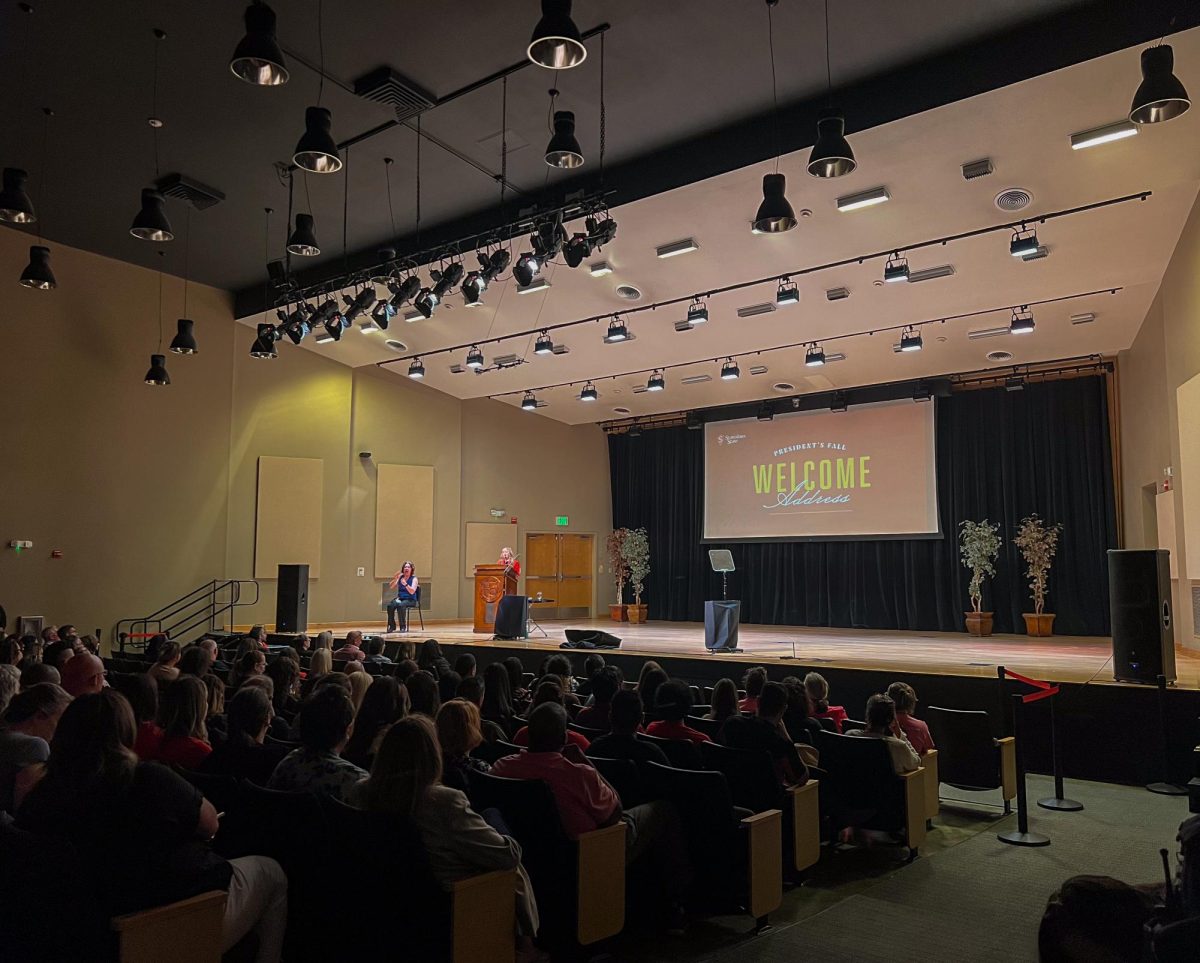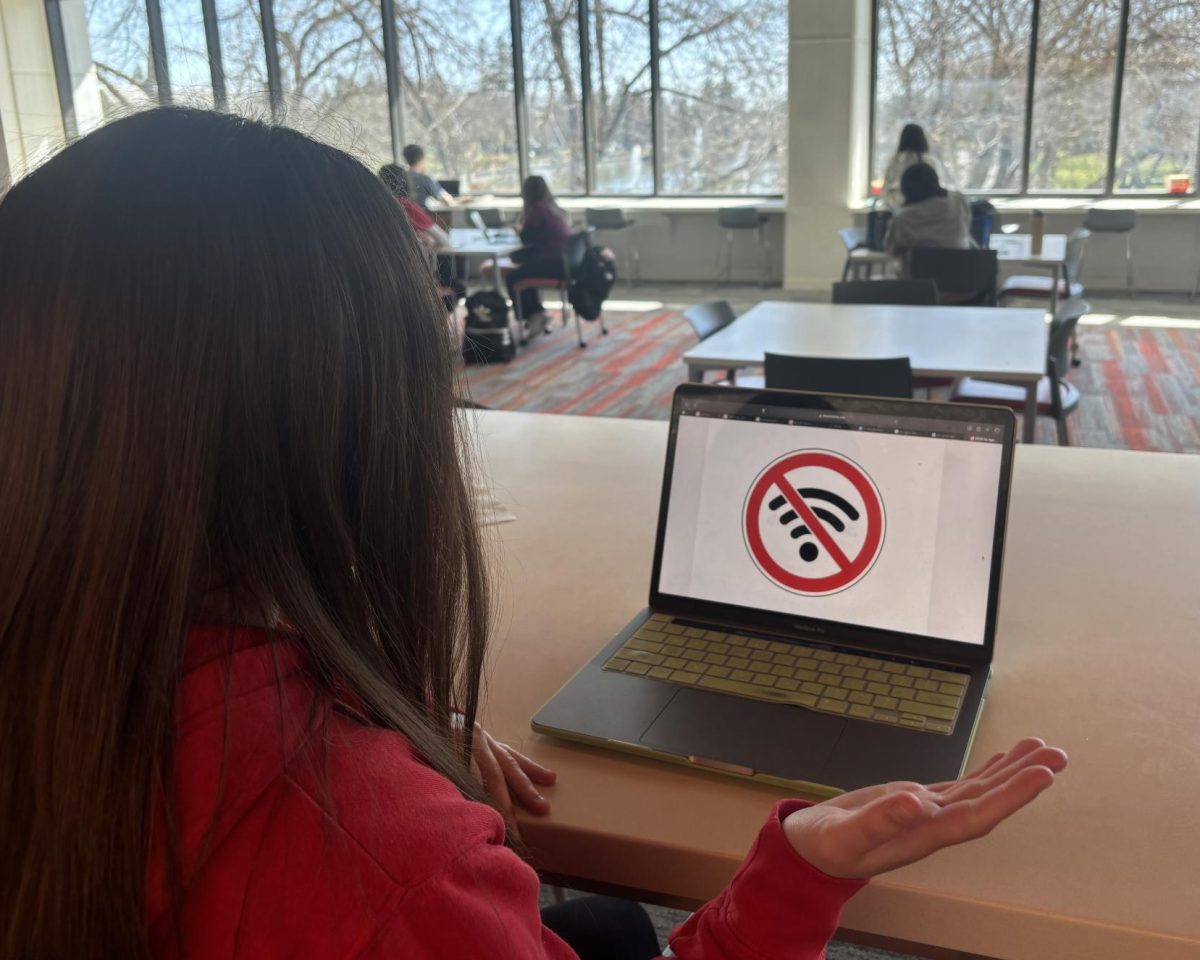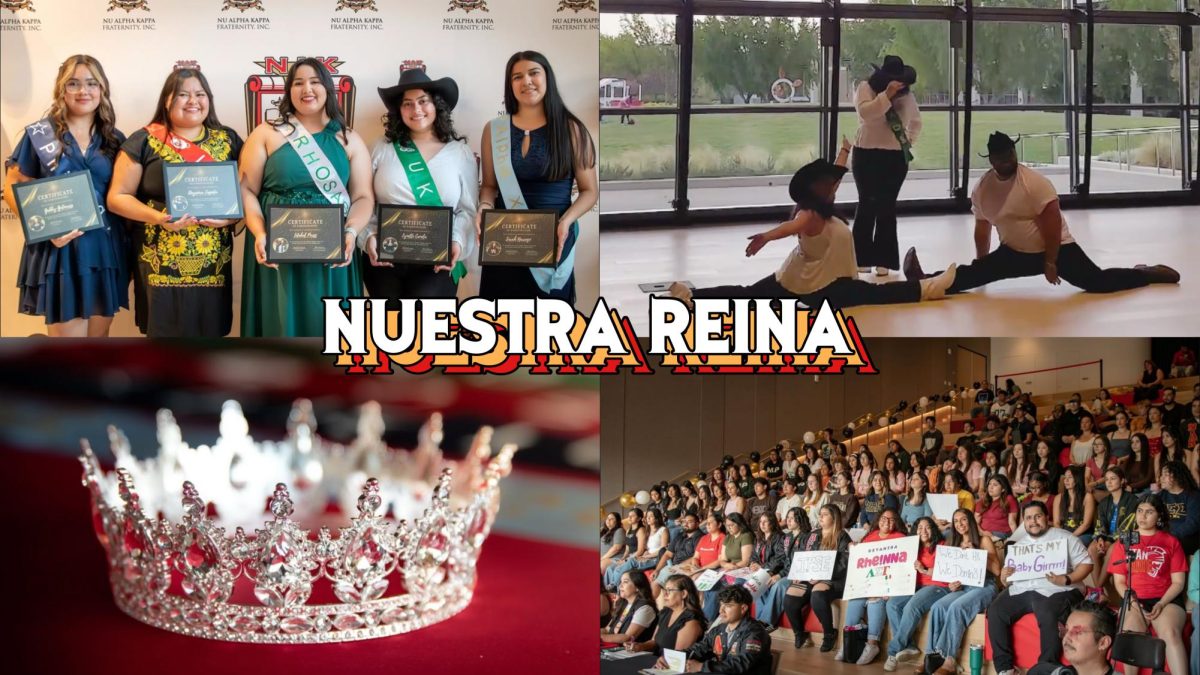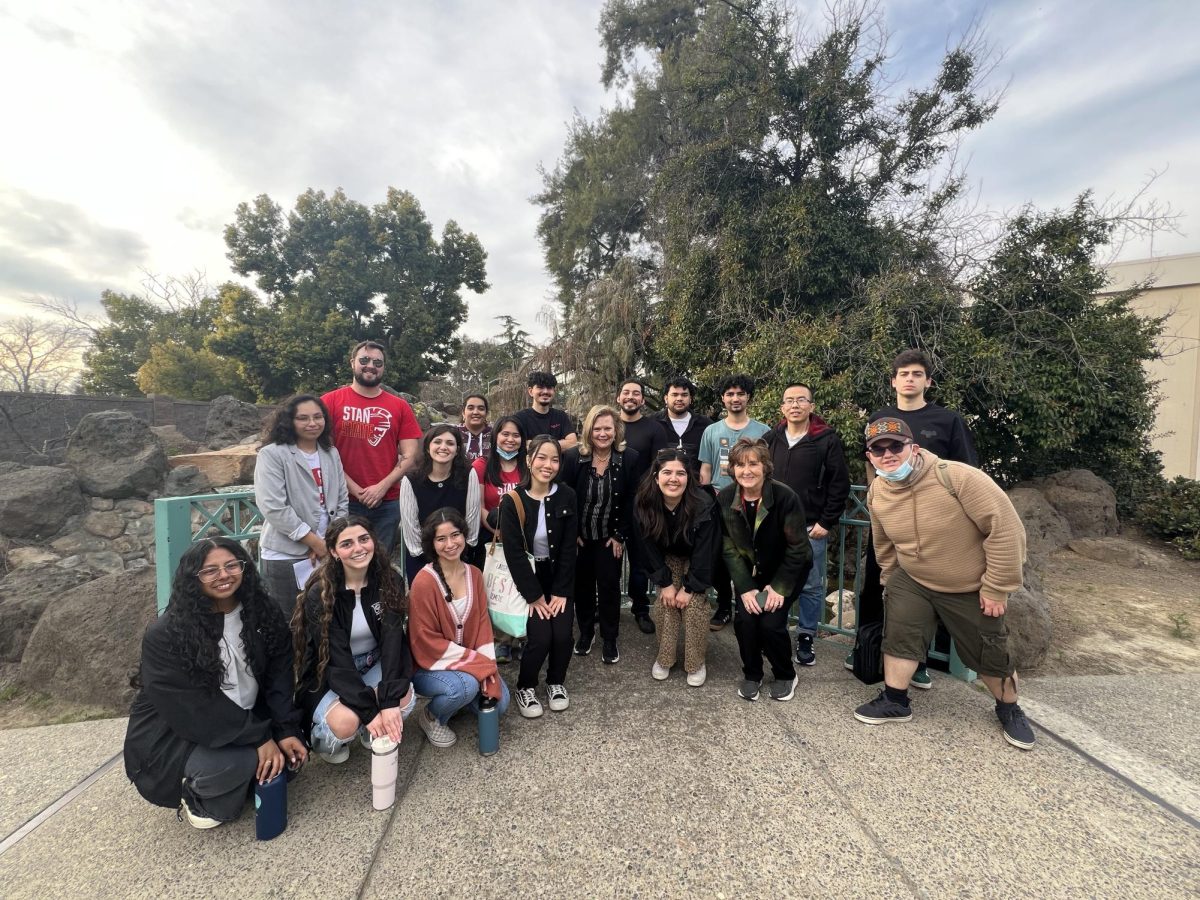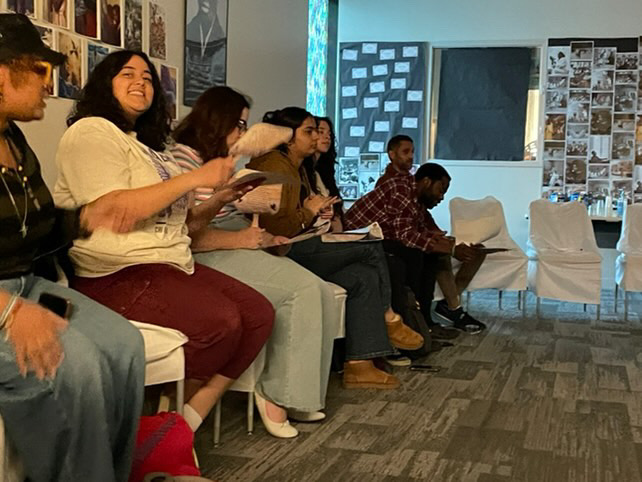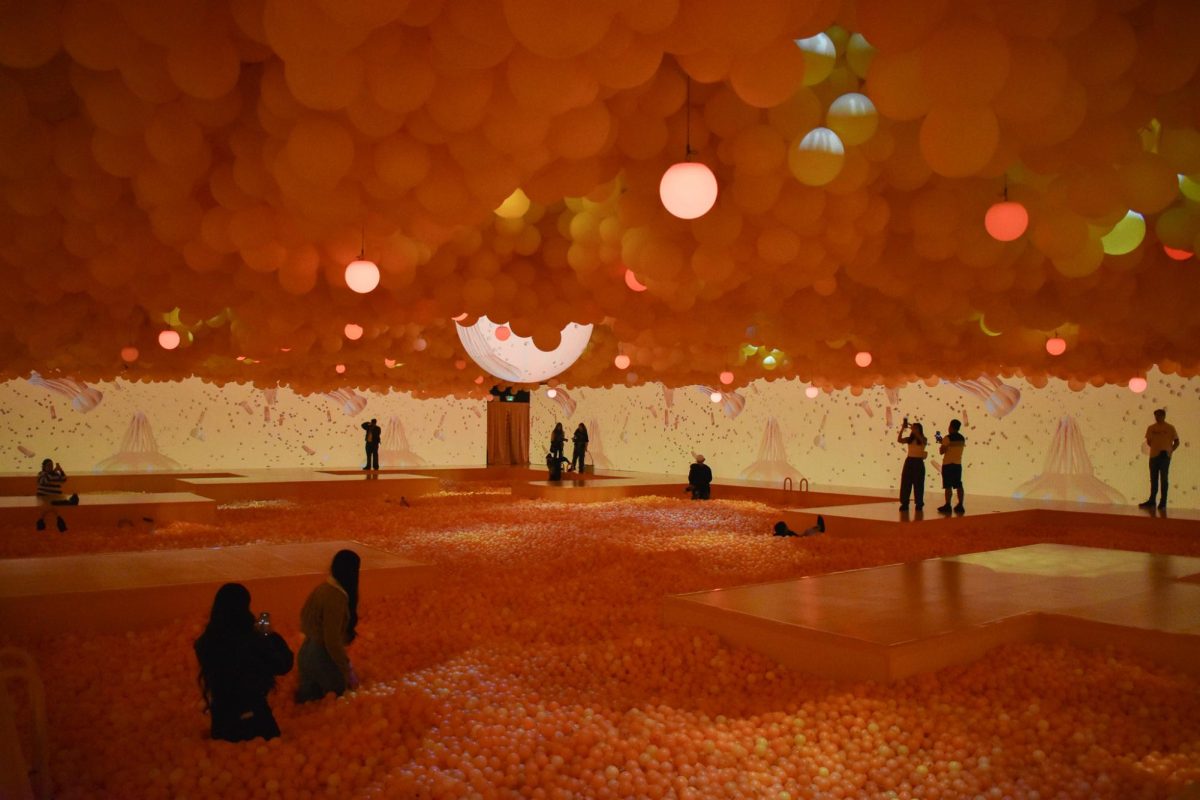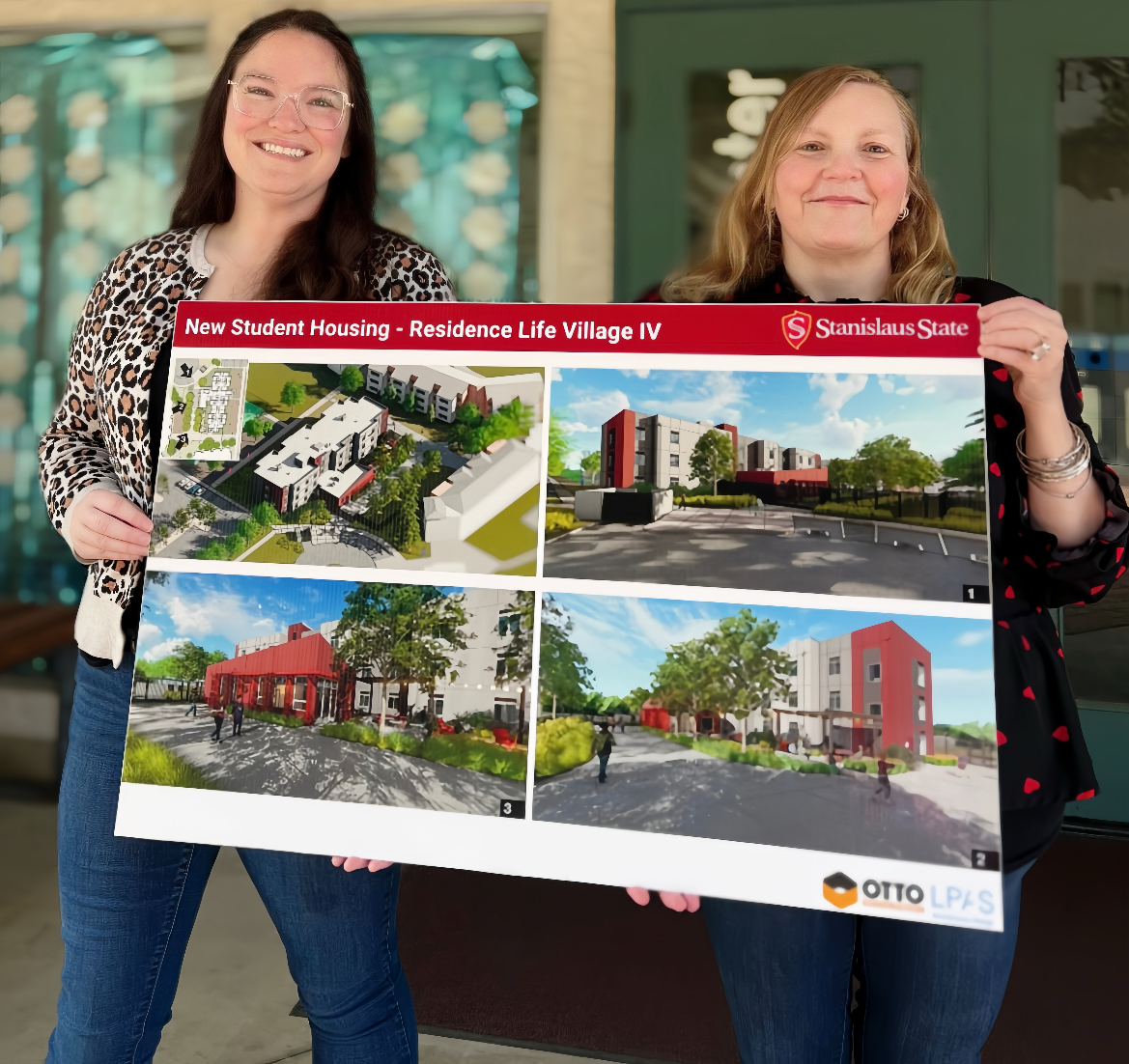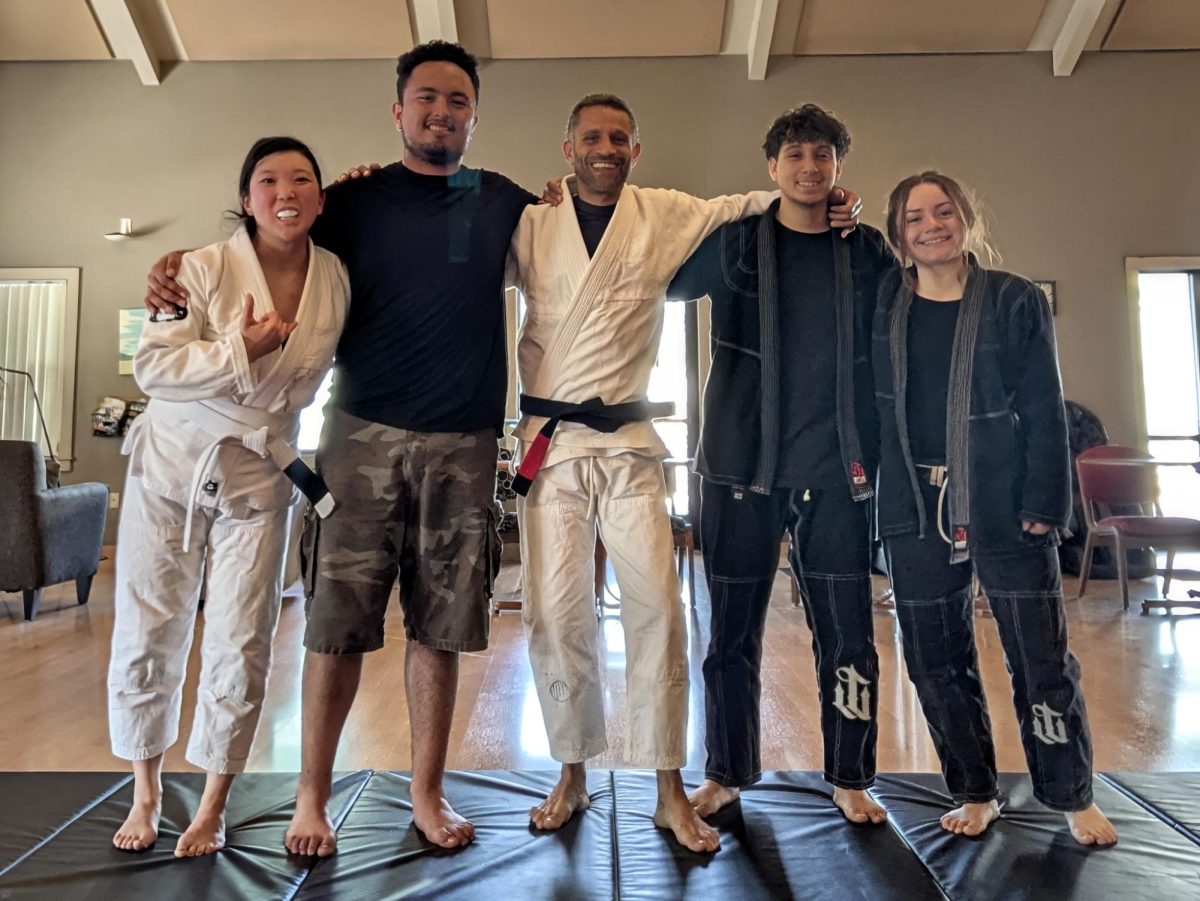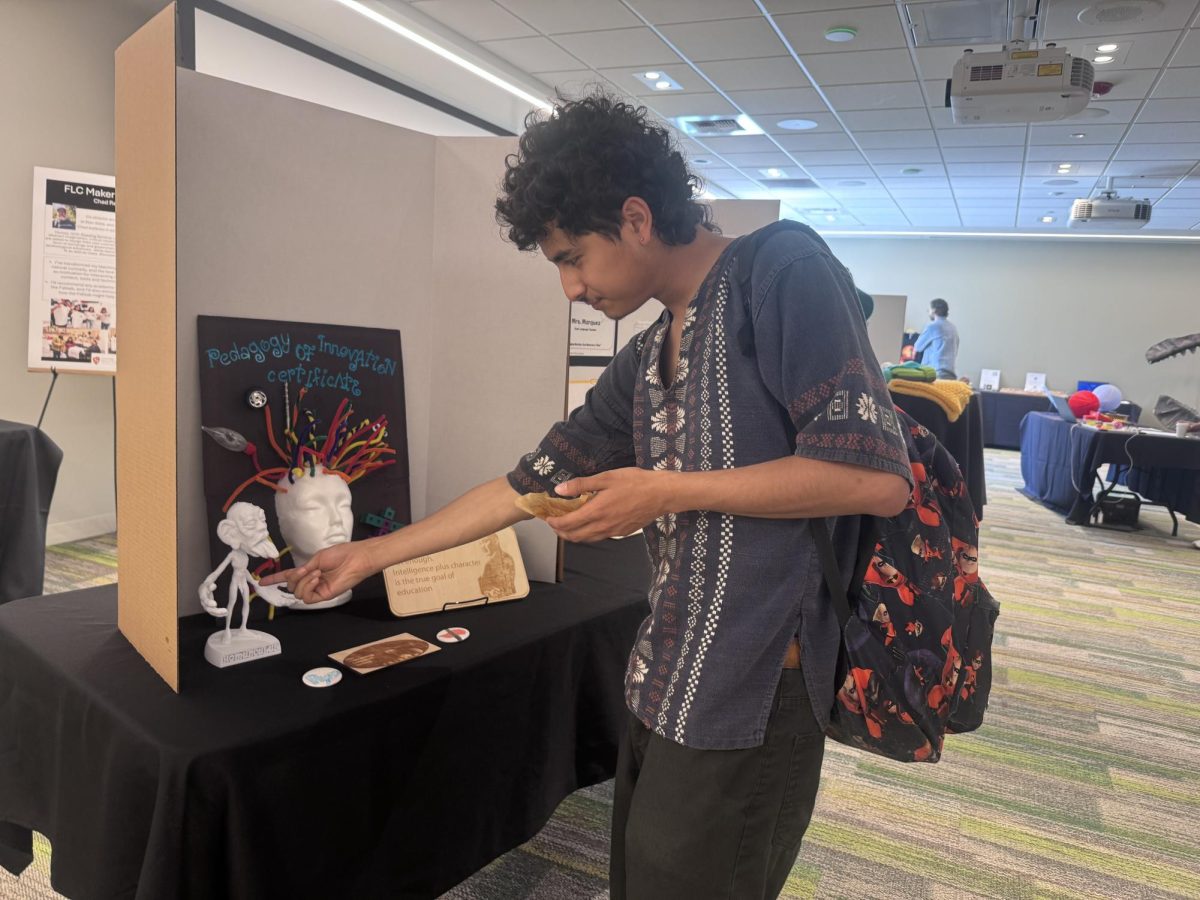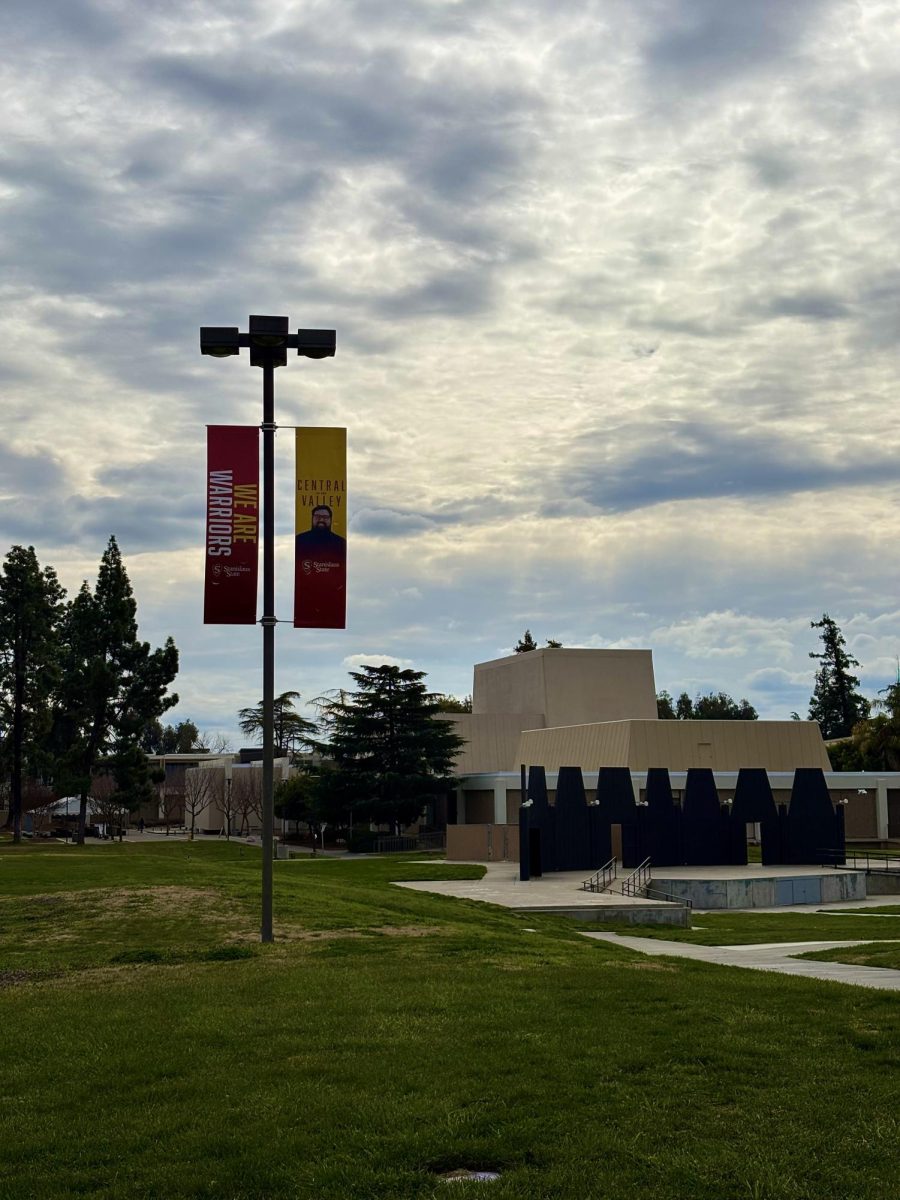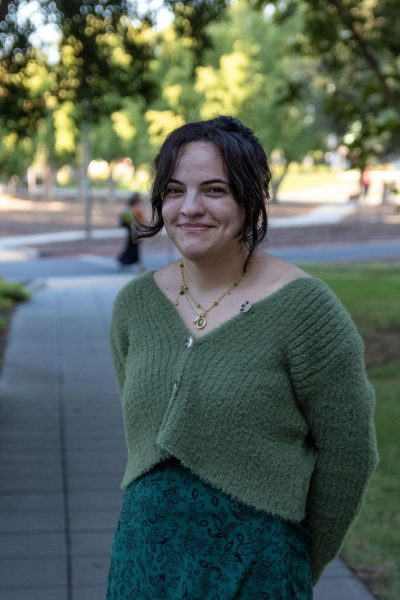Book-lovers who are searching for their new favorite read–and a community to share it with–won’t have to look far. Students and faculty at CSU Stanislaus are putting their own spin on your traditional neighborhood book club, with much more ambitious goals.
Dr. Dana Nakano, a founding member and an associate professor of sociology, genderology, and geminology, emphasized how this book club is different.
“We wanted to bring together staff and students to discuss social justice issues such as racism and LGBTQ+ issues to bring awareness,” he said.
Nakano explained that he “wanted to try to mimic past historical social justice events, as there is not a strong sense of activism on campus.”
This dream grew into the Social Justice Book Club: a club dedicated to activism, unity, and equality.
The club is a collaboration between the Warrior Cross Cultural Center (WCCC), the university library, Counseling and Psychological Services (CAPS), and Associate Professor Dr. Dana Nakano. Their goal is to expand communities by reading and discussing works that reflect on themes such as social justice, immigration, identity, and empowerment.
“It launched in the Fall of 2019, and we started off heavy with a book called How To Be An Anti-Racist by Ibram X. Kendi,” WCCC Director Carolina Alfaro said.
“It related to what was felt at the time on campus, and there was a lot of conversation about how to address racism and issues that impacted students,” Alfaro said.
Alfaro said that, while their books cover many important topics, they may also contain triggering content that potential club members should be aware of.
“With each book, it requires us to be mindful and to think about how some of these book selections may cause some triggers or reflections that are very personal,” she continued.
“We provide community guidelines for our books, and we have students know that this is a safe space for them to share their personal thoughts as it relates to the book and how we can be mindful of their stories and personal experiences,” she said.
This semester, the SJBC focused on the books There There by Tommy Orange, and Giovanni’s Room by James Baldwin.
There There is significant for its poignant portrayal of generational trauma and self-identity as an Indigenous person in Oakland, California.
In an excerpt, Orange writes, “Getting us into the city was supposed to be the final step in our assimilation, absorption, erasure, the completion of a five-hundred-year-old genocidal campaign. But the city made us new, and we made it ours.”
Many club members were moved by the book’s raw and emotive storytelling, which touched on many painful topics including addiction, abuse, and mental illness. Members were welcomed to share their personal experiences with these topics, with the peace of mind knowing that their words would be kept private among the book club members.
As the unofficial library representative for the past two years, Mary Weppler-Van Diver said, “It’s very inspiring, and I’m glad we have so many students involved. We really want to be active listeners and create a safe environment for everyone to express themselves.”
The Social Justice book club covers a wide range of literary formats, including poems, short stories, novels, and even graphic novels. Each piece deals with a different topic that brings awareness to different issues.
“Since we jump around so much with the book genres, we try to generally create an open space within the club for people to explore and discuss what comes up in the book, and it allows them to discover new perspectives,” Nakano said.
The club is always accepting new members at any time of the semester and is looking for new members to discuss the books selected for the spring semester. Anyone can join to talk about social injustice and become part of a safe community. The club hopes to help you gain insight and a new understanding of others’ experiences.
If you would like to join, be on the lookout for any announcements on poster boards and Instagram or go to the WCCC for more information. Members can also contact Nakano through his school email at [email protected].


